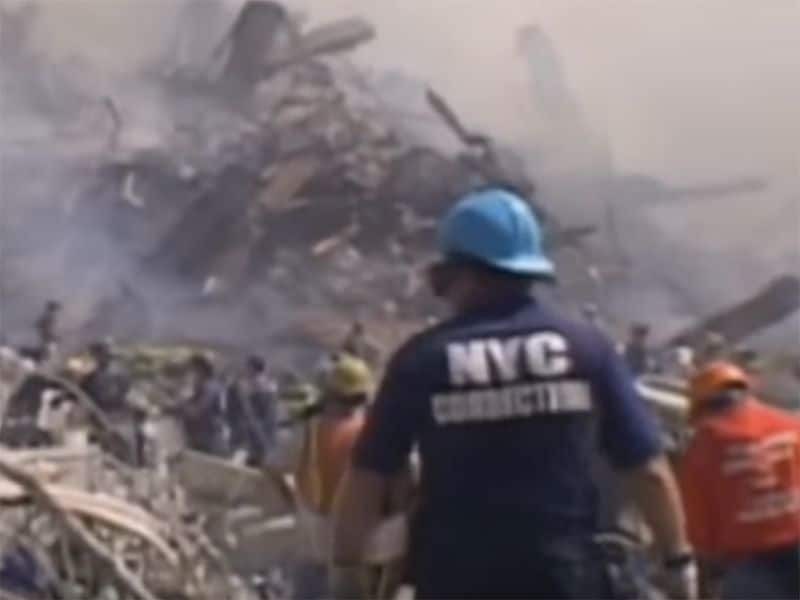TUESDAY, Jan. 29, 2019 (HealthDay News) — There may be a significant, emerging risk for human papillomavirus (HPV)-related head and neck cancers (HNC) among workers and volunteers who responded to the 9/11 terrorist attacks on the World Trade Center (WTC), according to a study recently published in the International Journal of Cancer.
Judith M. Graber, Ph.D., from the Rutgers School of Public Health in Piscataway, New Jersey, and colleagues compared site-specific incidence of HNC (2003 through 2012) among 33,809 participants in the WTC General Responder Cohort (73 individuals with HNC) and patients in the New Jersey State Cancer Registry.
The researchers did not observe an overall excess of HNC (standardized incidence ratio [SIR], 1.00; 95 percent confidence interval [CI], 0.78 to 1.25). However, excess cancer was seen during the most recent observation period (2009 to 2012: SIR, 1.4; 95 percent CI, 1.01 to 1.89). A similar time-related pattern was seen for HPV-related oropharyngeal cancer and laryngeal cancer, but not for non-HPV-related sites (oral-nasal cancer). There was a significant association between HNC and increasing age (8 percent per year; 95 percent CI, 5 to 12 percent) and non-Hispanic white race (hazard ratio, 3.51; 95 percent CI, 1.49 to 8.27). A weaker association was noted between a 9/11 occupation of military/protective services versus other occupations (hazard ratio, 1.83; 95 percent CI, 0.99 to 3.38; P = 0.0504).
“Since cancers are diseases of long latency, the findings of significant excess cancer in this period point to a newly emerging trend that requires ongoing monitoring and treatment of WTC-exposed persons,” Graber said in a statement.
Abstract/Full Text (subscription or payment may be required)
Copyright © 2019 HealthDay. All rights reserved.



